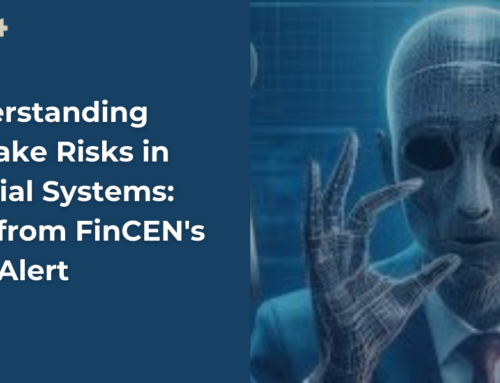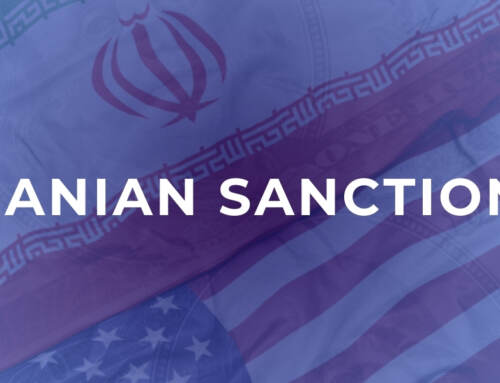1. It’s very different from domestic screening.
In the US, the background screening is governed by the FCRA (Fair Credit Reporting Act), and any CRA (consumer reporting agency) performing background screening must be FCRA compliant. The FCRA does not pertain to screening outside of the US.
2. There are over 240 countries and territories outside of the US. It’s a big world out there.
This means with over 240 countries and territories across the globe; every country has their own set of Data Privacy Laws, making global screening incredibly complex. In some countries, it is illegal to obtain criminal background information on an individual. Sound complicated? It is.
3. It’s Expensive.
Are you used to paying $39.99 for a criminal background check on a candidate? Well, don’t get used to it because when it comes to many countries outside of the U.S., it can be very expensive. With over 240 countries and territories to consider, the price can significantly vary. So be prepared. And don’t forget, you get what you pay for so beware of companies offering a criminal background check in Russia for $39.99. You might as well forget it.
4. It’s Cumbersome.
And when I say cumbersome, I mean it! I have had clients tell me that they liked a particular background screening company over another because they didn’t require as many “forms.” RED FLAG ALERT! To be legally compliant there are certain requirements. Period. Vendors that put compliance first won’t take shortcuts. And neither should you. It’s just not worth the risk folks.
5. It takes time.
Yep. And I am not talking about how long it takes to fill out a form. I am talking about best practice, compliant, most accurate data retrieval. It can take a long time depending on the country. In some cases, it can take weeks and even months to receive data on a candidate. And if you want to remain compliant then there are no short cuts here.
6. The rules are always changing.
Ahhh, life as an international background screener would certainly be a lot easier if there were one set of DPL’s for the whole world and they always remained the same! But, unfortunately, that’s not the case. Global laws and regulations are in a constant state of change. And that means you need to make sure that your provider is on their toes. Ask questions. Make sure you understand their process of staying up to date on what the world is and is not allowing when it comes to background screening. Your business relies on it.
7. There are a lot of companies doing it all wrong.
There. I said it. And if you are in this business, then you have undoubtedly heard the term “Not all background screening is created equal.” and no doubt that is true. Make sure that educate yourself and choose a provider that takes compliance very seriously because the difference in being 90 vs. 100% compliant can mean expensive lawsuits and that’s just no fun.
8. If you don’t have an international screening program, you should. Here’s why:
One of the sayings I like to use is: “Your organization is only as strong as the weakest link.” So, if you have a top notch domestic screening program but you hit a roadblock when it comes to screening individuals that have lived, worked or been educated outside the U.S., then you need to focus on closing the gap when it comes to international screening. Chances are, no matter what size your organization is- 15-20% of your workforce is international (lived, worked or been educated outside of the U.S.) Here is your weakest link if you aren’t carefully vetting everyone in the same manor. Applying the same screening process to U.S. citizens and International’s alike will put your organization at risk. If you run a U.S. based background check on a candidate who spent the majority of their life in another country, then, in theory, you only did half a background check on them. What’s the point?
9. You can measure ROI.
That’s right; you can measure ROI on background screening. Several industry benchmark reports have published research on the average costs of a bad a bad hire within a company. Those numbers range from $50,000-$100,000 per employee. Background screening can cut bad hiring significantly depending on the size of your organization. And that can add up to big bucks! Not to mention, many other risk factors associated with a bad hire such as employee safety and brand reputation to name a few.
10. You don’t need to be an expert.
Hire the expert. Make sure you ask important questions about compliance, data privacy laws, and best practices. Your provider should be able to answer these questions, and they should always be transparent with their sources. And remember, be wary of extremely low prices and fast TAT’s. If you want a check in the box, then that’s exactly what you will get if you aren’t careful.





